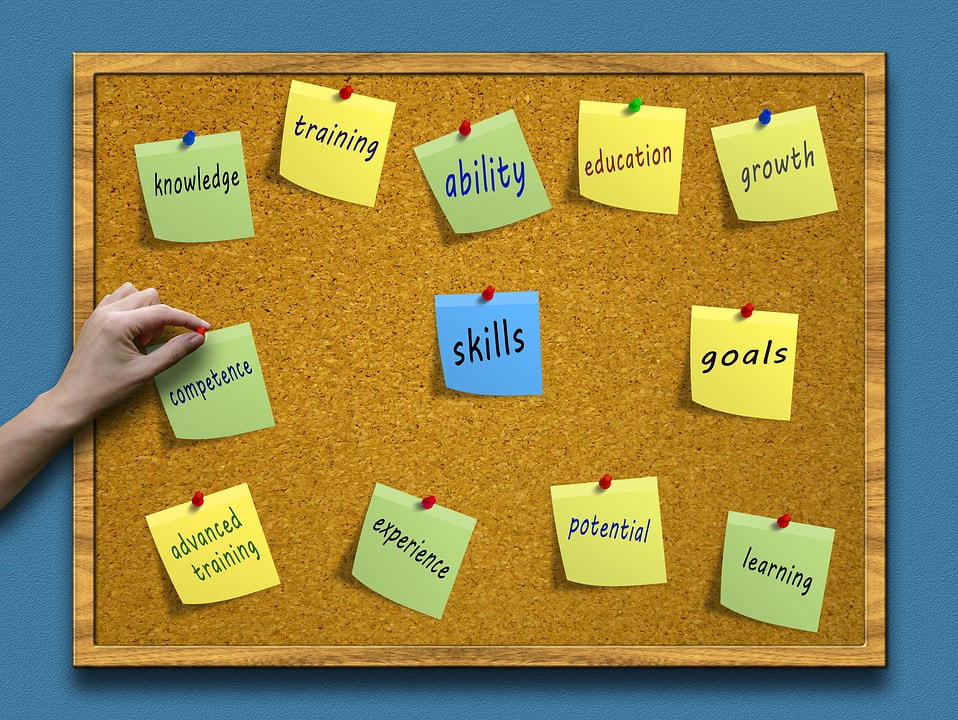|
When looking at any activity or required skill within an organisation, there are four levels of competency. As we learn and develop, no matter what the skill or activity is, we all go through these stages from knowing nothing about what we’re doing to being unconsciously competent in what we do.
As we move through each of these stages, it can be quite confronting for many people, especially if they’ve been doing something which isn’t quite right or there’s more to what they’re doing than they’ve ever imagined. The first stage and often the most confronting realisation for people is unconscious incompetence. This is where you don’t know what you don’t know. It’s the most frustrating point at which we find ourselves and in terms of risk management, the most dangerous point and position someone can be in if they’re responsible for an outdoor or experiential program which involves a level of risk. The worrying thing about this is that over many years, I’ve come across countless people in the head of outdoor education or experiential education positions who are unconsciously incompetent. They’ve been promoted as a teacher into a role for which they might have had an interest, but no real or extensive experience. In this case, whoever is put into this role is being failed by the organisation. Having an interest in something versus understanding the role and inherent risks is a totally different thing. If you don’t know the risks of an activity or program, how can you be expected to manage them effectively? Getting some basic training in the skill or activity then helps someone to move from this first stage to the second one, which is conscious incompetence. This is where you realise you lack certain skills and understand the need to train in, practise and develop those skills. In terms of risk management, this is key to getting things right within your school or organisation. For many of those teachers who have been promoted to positions of responsibility to oversee programs with a range of risks involved, it’s vital that each understands the risks to which they and their staff are exposed and how to effectively manage these risks. Once someone has this realisation, then they can start to plan to address this skills’ gap in themselves and in their organisation. Further training and experience at this point, then gets you to a position where you’re consciously competent. You still have to work on many parts of the programs and continue to practise and develop your skills, but overall, you’re good at what you do and are able to support and develop others as well. The final stage is unconscious competence. You know what you’re doing without thinking about it. You have a level of experience and initiation, which guides your decision-making process to support the programs you’re running. In your mind, you have a picture of what a standard program, day or experience should look and feel like and you automatically react and respond if something doesn’t quite fit. For example, if a series of different weather conditions or warnings present themselves, you unconsciously play out various scenarios in your mind as to the potential impact and consequences of this. A realisation of this for me was on one program. There was a pattern of illness and student behaviours emerging which pointed toward a series of potential injuries. The change of energy in the group, the apparent fatigue that was emerging, meant that a change of plans was needed. Due to the different level of skills and experience amongst the staff team, only a couple of staff could see this pattern emerging and others couldn’t see the problem at hand. The potential negative consequences of not being able to identify risks as they’re emerging can be huge. It’s critical to ensure that you have unconsciously competent staff in your team to help advise you and others on hazards and risks which might not be obvious to others who are still at the lower levels of skills’ development. Whilst some of these four different levels can be addressed through training, which is vitally important to begin with, the other levels are grown and developed through practice and experience in whatever it is you’re doing. Further training can reinforce this. However, practice really does make perfect. Whatever level you and your colleagues are at now, you will benefit immensely from training and experience to ensure that all your staff are unconsciously competent in whatever it is they’re doing.
0 Comments
Your comment will be posted after it is approved.
Leave a Reply. |
AuthorWrite something about yourself. No need to be fancy, just an overview. Archives
April 2021
Categories
All
|
Copyright Xcursion Pty Ltd 2015-2023


 RSS Feed
RSS Feed


